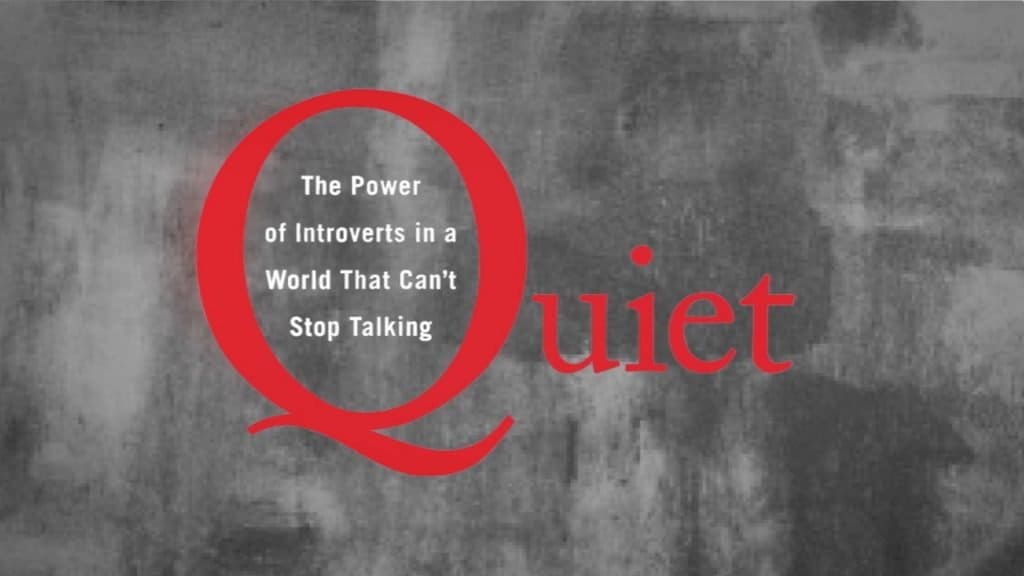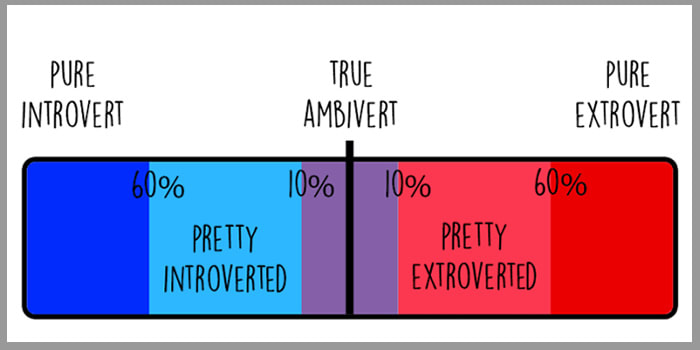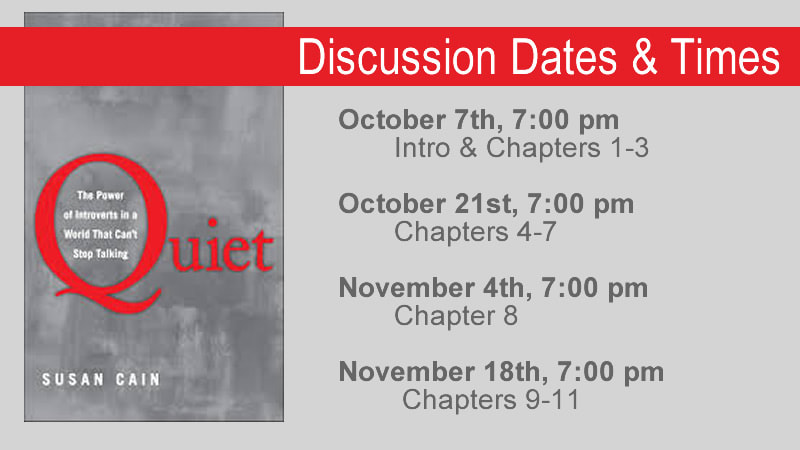At least one-third of the people we know are introverts. They are the ones who prefer listening to speaking; who innovate and create but dislike self-promotion; who favor working on their own over working in teams. It is to introverts—Rosa Parks, Chopin, Dr. Seuss, Steve Wozniak—that we owe many of the great contributions to society.
In Quiet, Susan Cain argues that we dramatically undervalue introverts and shows how much we lose in doing so. She charts the rise of the Extrovert Ideal throughout the twentieth century and explores how deeply it has come to permeate our culture. Passionately argued, superbly researched, and filled with indelible stories of real people, Quiet has the power to permanently change how we see introverts and, equally important, how they see themselves. (from publisher)
In Quiet, Susan Cain argues that we dramatically undervalue introverts and shows how much we lose in doing so. She charts the rise of the Extrovert Ideal throughout the twentieth century and explores how deeply it has come to permeate our culture. Passionately argued, superbly researched, and filled with indelible stories of real people, Quiet has the power to permanently change how we see introverts and, equally important, how they see themselves. (from publisher)
Before Reading |
Before sitting down with the book, learn where you fall on the introvert-extrovert scale, and listen to
a message from the author in her own voice. |
Take a quizTwo Quiz Options:
Extroversion Introversion Test Psychology Today, 25 minutes, actual score (on quiz page click orange button, not green button) The Quiet Revolution Personality Test Susan Cain webpage, 10 questions, gives category |
From the authorIn this passionate talk, Susan Cain argues introverts bring extraordinary talents and abilities to the world and should be encouraged and celebrated. 18 minutes
|
Virtual Book Discussion |
Sponsored by WEAC and WEA Academy
https://weaacademy.org/product/drive/ |
DISCUSSIONIntro- The North and South of Temperment
Part 1- The Extrovert Ideal Chapter 1- The Rise of the "Mighty Likeable Fellow:" how extrovert became the cultural ideal. Chapter 2- The Myth of Charismatic Leadership Chapter 3- When Collaboration Kills Creativity: the rise of the new group-think and the power of working alone Part 2- Your Biology, Your Self? Chapter 4- Is Temperament Destiny? Chapter 5- Beyond Temperament Chapter 6- Franklin Was a Politician, But Eleanor Spoke Out of Conscience Chapter 7- Why Did Wall Street Crash and Warren Buffet Prosper? Part 3- Do All Cultures Have an Extrovert Ideal? Chapter 8- Soft Power Part 4- How to Love, How to Work Chapter 9- When Should You Act More Extroverted Than You Really Are? Chapter 10- The Communication Gap Chapter 11- On Cobblers and Generals: How to Cultivate Quiet Kids in a World That Can't Hear Them |
Discussion GuidesHow to join the virtual book discussion?
Contact WEA Academy- https://weaacademy.org/product/quiet/ |
"No two persons ever read the same book." Edmund Wilson


